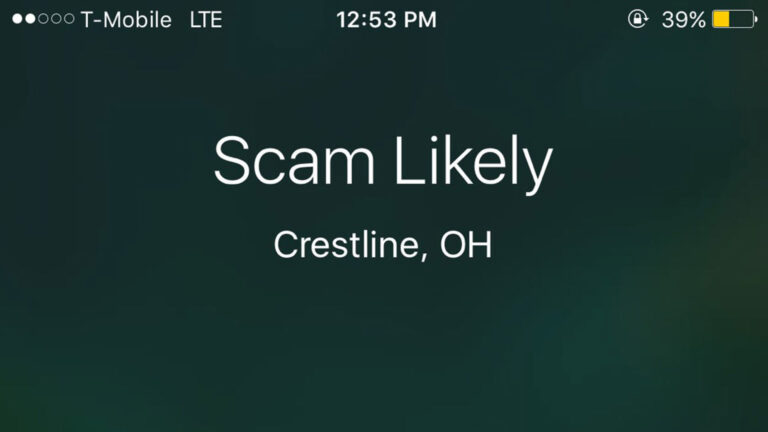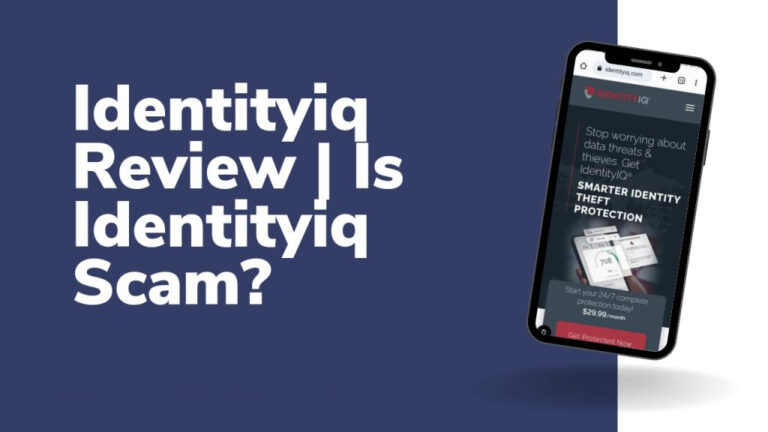Credit Scams: 10 Common Credit Scams to Watch for When You’re Rebuilding Bad Credit

Rebuilding bad credit is a journey that requires careful financial planning, discipline, and patience. Unfortunately, individuals working on improving their credit often become targets for scams and fraudulent schemes. Scammers prey on the vulnerability and desperation of those seeking a fresh start. In this blog post, we’ll explore 10 common credit scams that you should watch out for when you’re on the path to rebuilding your credit. Being informed about these scams is your first line of defense against financial fraud.
1. Credit Repair Companies:
Scammers pose as credit repair companies, promising to “fix” your credit by removing negative information. They often charge hefty fees for services that may be ineffective or even illegal.
2. Advance-Fee Loan Scams:
Beware of lenders who ask for an upfront fee before providing a loan or credit card. Legitimate lenders do not require payment before extending credit.
3. Identity Theft Services:
Some companies promise identity theft protection but charge high fees for services you can often do yourself, like monitoring your credit reports.
4. Phishing Emails and Calls:
Scammers may impersonate banks or credit reporting agencies, requesting personal information via email or phone. Always verify the legitimacy of such communications.
5. Fake Credit Counseling:
Be cautious of credit counseling agencies that charge steep fees or promise to negotiate lower interest rates on your behalf. Look for non-profit agencies that offer affordable or free services.
6. Fake Credit Reports:
Scammers may offer to provide a “new” credit report to replace your bad credit history. Legitimate credit reports can only be obtained from major credit bureaus.
7. Credit Privacy Numbers (CPN):
Some scammers suggest using a CPN as an alternative to your Social Security Number for credit purposes. Using a CPN for credit applications is illegal.
8. Credit Card Relief Scams:
Be cautious of companies that promise to settle your credit card debt for a fraction of what you owe. These firms often charge excessive fees and can worsen your financial situation.
9. Rent-to-Own Scams:
Scammers may offer rent-to-own deals for expensive items like furniture or electronics. These transactions often come with hidden fees and high interest rates.
10. Unsolicited Credit Offers:
Beware of unsolicited credit offers received in the mail or online. Scammers use these to collect personal information for fraudulent purposes.
How to Protect Yourself:
Protecting yourself from credit scams requires diligence and awareness. Here are some essential steps:
- Research Thoroughly: Before engaging with any credit repair or financial service, research the company, read reviews, and check for complaints with consumer protection agencies.
- Consult Reputable Advisors: Seek advice from reputable financial advisors or credit counselors who can guide you through the credit rebuilding process without taking advantage of your situation.
- Verify Requests: If you receive unsolicited offers or requests for personal information, verify the legitimacy of the request before responding. Contact the company directly using official contact details.
- Monitor Your Credit: Regularly monitor your credit reports and bank statements for suspicious activity. Report any discrepancies or suspected fraud immediately.
- Use Trusted Sources: When seeking credit or loans, rely on trusted sources like banks, credit unions, or established financial institutions. Avoid unknown or questionable lenders.
In conclusion, rebuilding bad credit is a valuable step towards financial stability. However, it’s crucial to stay vigilant and informed about common credit scams that can derail your progress. By arming yourself with knowledge and being cautious of offers that seem too good to be true, you can protect your financial future while working to improve your creditworthiness. Remember, your financial well-being is worth safeguarding from the grasp of fraudsters.






